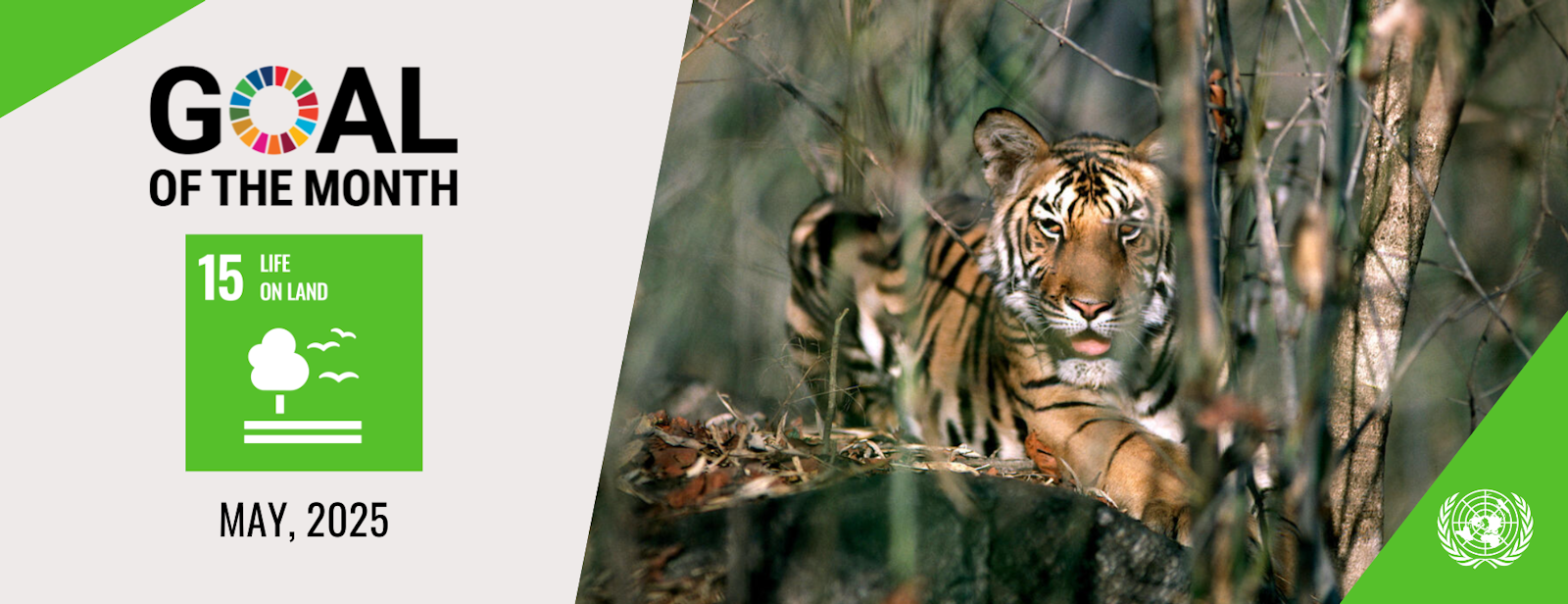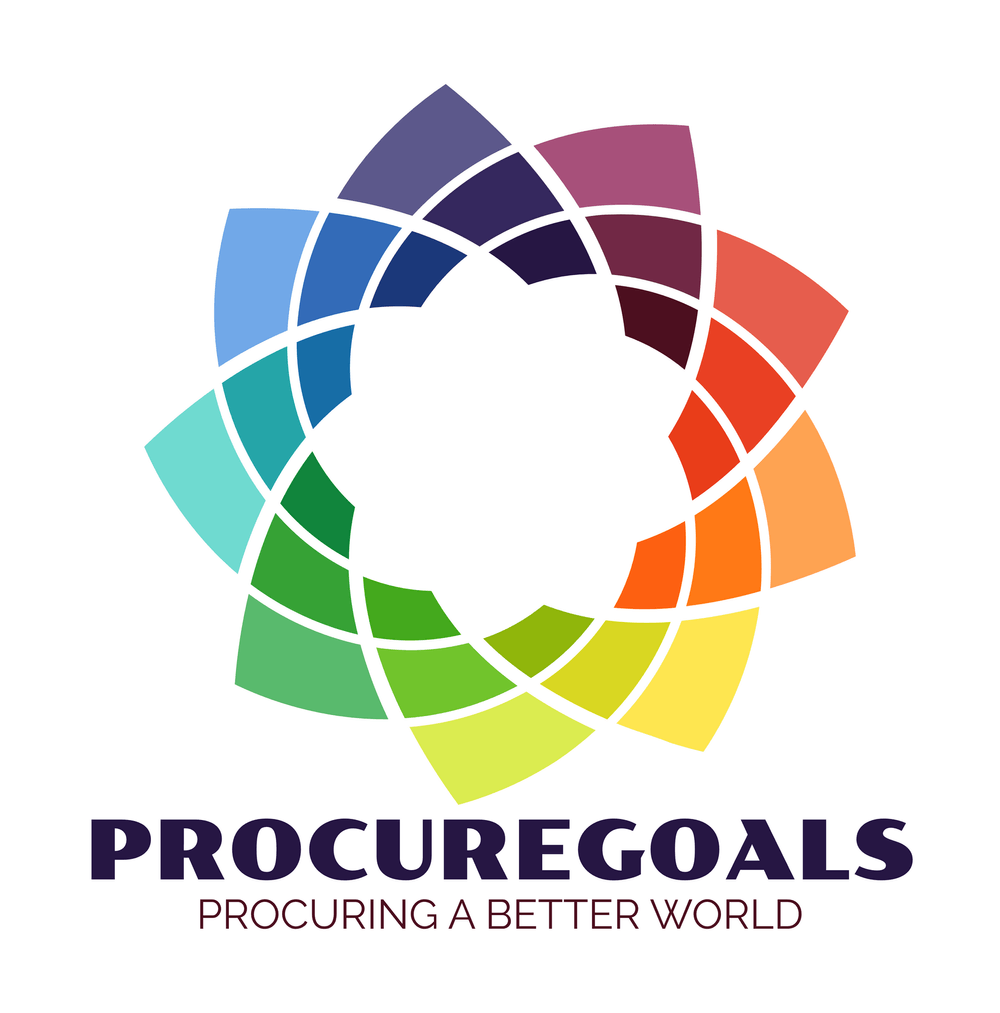


For this month’s featured case study, we highlight the report “Sustainable Public Procurement Policies that Use Ecolabels and Environmental Certifications,” a study developed under the EcoAdvance project by the One Planet Network.
The study explores how countries like the U.S., Brazil, China, and EU members are using ecolabels in their procurement processes to drive sustainability. By requiring certified products such as those with Forest Sterwardship Council (FSC), EU Ecolabel, or Rainforest Alliance marks, governments are actively contributing to SDG 15 that aims to protect, restore and promote sustainable use of terrestrial ecosystems, sustainably manage forests, combat desertification, and halt and reverse land degradation and halt biodiversity loss.
Here is a closer look at how select countries are taking action and how it connects to SDG 15.
China
China uses two main ecolabels: the China Environmental Labelling Scheme (ISO 14024) and the Energy Conservation Label. For nine product categories, government agencies must purchase certified products. This approach has helped create a massive market—over 3.6 million certified products as of 2023—boosting biodiversity-friendly and low-emission options.
Impact on SDG 15: Encourages sustainable forestry and production by creating demand for environmentally friendly products at scale.
United States
The Federal Acquisition Regulation now requires agencies to prioritize products certified under Environmental Protection Agency (EPA) programs like Energy Star, Safer Choice, WaterSense, and the BioPreferred program. These certifications focus on reducing pollution, protecting water resources, and using sustainable materials.
Impact on SDG 15: Reduces ecological degradation and supports biodiversity by favoring products with minimal toxic impact and lower resource use.
South Korea
Through its Green Product Purchase Act, Korea mandates public organizations to buy certified green products, primarily through the Korea Ecolabel. As of now, 158 product categories are covered. Central procurement reviews give preference to ecolabel-certified bids.
Impact on SDG 15: Strengthens sustainable manufacturing and reduces ecosystem strain through low-carbon and recycled product criteria.
Finland
Finland’s procurement law allows ecolabels like the Nordic Swan and EU Ecolabel as proof of compliance. A national criteria bank was launched in 2023, integrating ecolabels into efforts to reduce the country’s biodiversity and carbon footprint by 2035.
Impact on SDG 15: Ecolabels play a key role in minimizing land degradation and promoting ecosystem-friendly circular procurement.
Brazil
Brazil uses the ABNT Hummingbird Ecolabel in procurement for furniture and IT. Although not mandatory, ecolabels often serve as proof of compliance in tenders, encouraging suppliers to meet sustainability benchmarks.
Impact on SDG 15: Boosts demand for responsibly sourced wood and electronics, curbing deforestation and e-waste.
Japan
Japan’s Green Procurement Act mandates sustainable purchasing for government agencies. The Eco Mark (ISO 14024) provides stricter criteria than required, ensuring that certified goods exceed minimum environmental standards.
Impact on SDG 15: Promotes cleaner production and sustainable land/resource use through lifecycle-based product choices.
Thailand
Thailand launched the Thai Green Cart—an e-marketplace of certified products—to support its Green Procurement Plan. While non-certified products are allowed initially, companies must work toward certification to stay listed.
Impact on SDG 15: Expands access to sustainable goods, especially for SMEs, and fosters transition to biodiversity-conscious practices.
Ecuador & Argentina
Both countries officially recognize FSC certification for forest products in public procurement. Ecuador incorporated FSC into its national strategy, while Argentina issued a national recommendation prioritizing FSC-certified purchases.
Impact on SDG 15: Ensures sustainable forest management, protects natural habitats, and supports indigenous forestry enterprises.
Access the full report and country cases here: https://www.vest.ro/api/documents/d/ec285b2a78964c2adb9ac153eb2e70d3